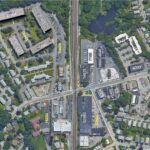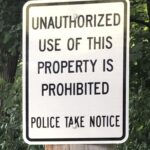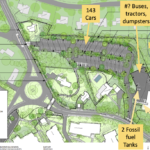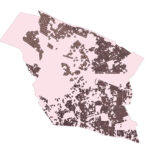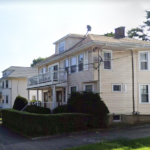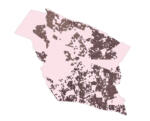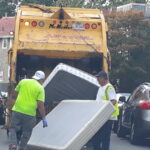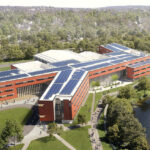
By Brian Iler Photovoltaic solar panels (PVs) have been planned for the new Belmont Middle and High School (BMHS) since early designs for the project were presented in 2017. PV is integral to achieving this building’s Zero Net Energy goal. And to many in Belmont, Zero Net Energy was a big factor when deciding whether to vote for a hefty tax increase to fund this colossal project in 2018. Since this vote, the funds reserved for PVs have been on the chopping block three times to offset project cost overruns. Public outcry—with advocates crowding into Belmont Middle and High School [READ MORE]





